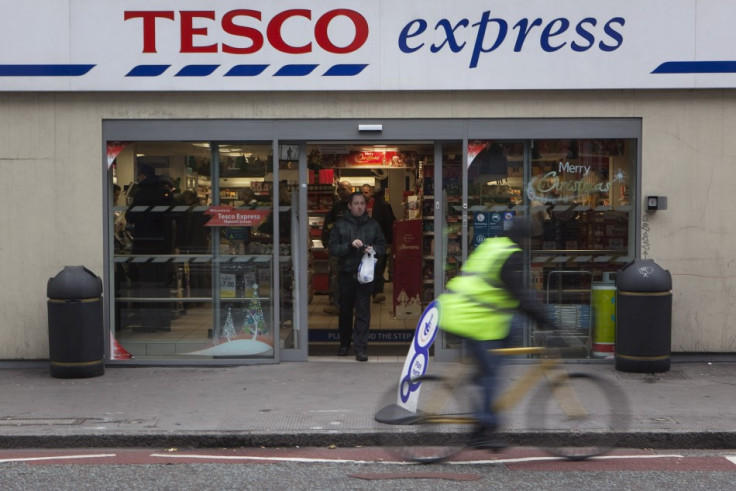Tesco Expansion of Smaller Stores Puts Local Independent Shops at Risk

More independent local retailers from butchers to bakers to grocers are at risk of going under after reports that Tesco is refocusing strategy on expanding its smaller convenience stores rather than big supermarkets, the Federation of Small Businesses (FSB) has warned.
Tesco chief executive Philip Clarke will announce the plans to draw back from opening bigger stores in favour of smaller ones as the retail giant tries to coax in more customers, reported the Financial Times, to ease investors' fears after it issued a post-Christmas profit warning - its first for 20 years.
"People need shops and they need them close by but we would be wary of something which could potentially close down independent traders," Sara Lee, spokeswoman for the FSB, which represents small businesses in Britain, told International Business Times UK.
"It is quite well documented that if a big supermarket or an out-of-town retail outlet opens that the footfall on the high street does tend to fall."
With Tesco, the UK's largest supermarket chain, changing focus, rival supermarket chains could soon follow, tightening the squeeze on business for small independent retailers.
As well as pulling money away from local traders, it could also spill over to money being taken away from entire communities altogether, argued the FSB.
"We know from research that money that's spent locally with local businesses is more likely to stay within the local community, whereas money that is spent with a bigger business is on their balance sheets and not necessarily put back into the local community," Lee said.
In January investors fled Tesco after it posted poor Christmas results and warned that profits would be flat across 2012-13. About £5bn was wiped off its value.
Tesco has 2,715 stores in the UK and employs more than 293,000 staff.
Its share price was 323.70p at 15:00 London time on Friday, down 0.66 percent on the day.
It peaked at 487.00p a share in November 2007.
The firm recently announced that it would be creating 20,000 new jobs in the UK after bad PR over its use of workers on the government's workfare scheme, which saw unemployed people on benefits work for free for several weeks in order to gain job experience.
Critics said it amounted to slave labour. Proponents argued it was a way of helping the long-term unemployed into work by giving them skills and work experience.
© Copyright IBTimes 2025. All rights reserved.






















